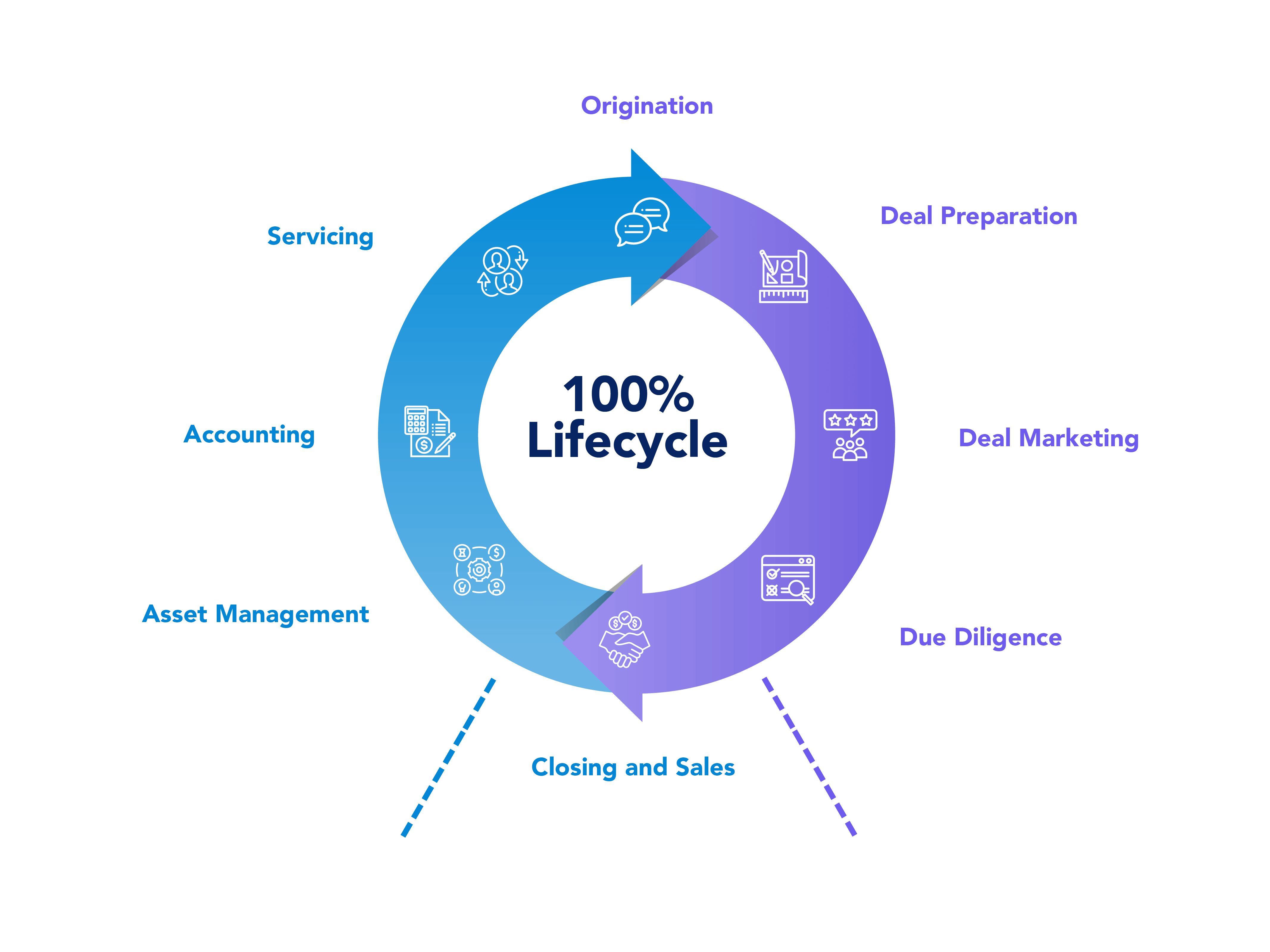Digital Banking
The Cashless Society
Promises, Payoffs, and Pitfalls
Sep 8, 2023
In a world where digital transactions are swiftly outpacing the rustle of banknotes, the transition towards a cashless society is becoming an economic focal point. The trend promises many benefits for consumers, financial institutions, and the broader economy but has its share of challenges.
Convenience at Our Fingertips
The digital age has ushered in an era of unparalleled convenience for the average consumer. Gone are the days of frequenting ATMs or scrounging for change. Online shopping, auto bill payments, and quick peer-to-peer transfers are now the order of the day. However, with this convenience comes potential overheads. Some digital transaction methods might come with fees, and there's the ever-looming spectre of overdrafts to consider.
Financial Institutions: Riding the Digital Wave
Banks and similar entities stand at a unique crossroads. On the one hand, the reduced need for cash management translates to significant operational savings. A goldmine of data is waiting to be tapped, offering insights into customer behaviors and preferences. However, these boons are counterbalanced by increased cybersecurity demands and the need for robust digital transaction infrastructures.
Economic Prosperity: More Than Just Convenience
Beyond individual and institutional implications, a cashless society has the potential to reshape the very fabric of our economy:
Boost in Digital Innovations: The rising demand for digital solutions could spur innovation, paving the way for new enterprises and services.
Financial Inclusion: With the right tools and platforms, even those in remote areas can become active economic participants.
Transparency Triumphs: The digital trail left by transactions promises reduced illicit activities and might be the antidote to money laundering and similar woes.
Taxation in the Digital Age
One of the most profound impacts of this shift will be on taxation. Enhanced transparency makes tax evasion more challenging, potentially leading to improved tax collection. This and the wealth of transactional data could offer governments the insights they need for more informed policy-making. And if everything aligns, this could lead to a reevaluation and potential reduction of tax rates.
Challenges Ahead
However, as with all paradigm shifts, challenges abound. Privacy advocates are raising alarms over the loss of transactional anonymity. Moreover, only some have the tools or knowledge for digital transactions, risking the further marginalization of certain groups. And, of course, there's the elephant in the room: cybersecurity. With an economy leaning heavily on digital pillars, vulnerabilities to cyber threats have become a grave concern.
In Conclusion
The road to a cashless society is laden with promises of efficiency, enhanced transparency, and a potential overhaul of our taxation structures. But it's essential to navigate this path cautiously, ensuring that the benefits are equitable and the challenges are aptly addressed. As we stand on the cusp of this financial revolution, only time will reveal its full impact on our societal tapestry.
By Luis Barreiros, Business and Banking Consultant




